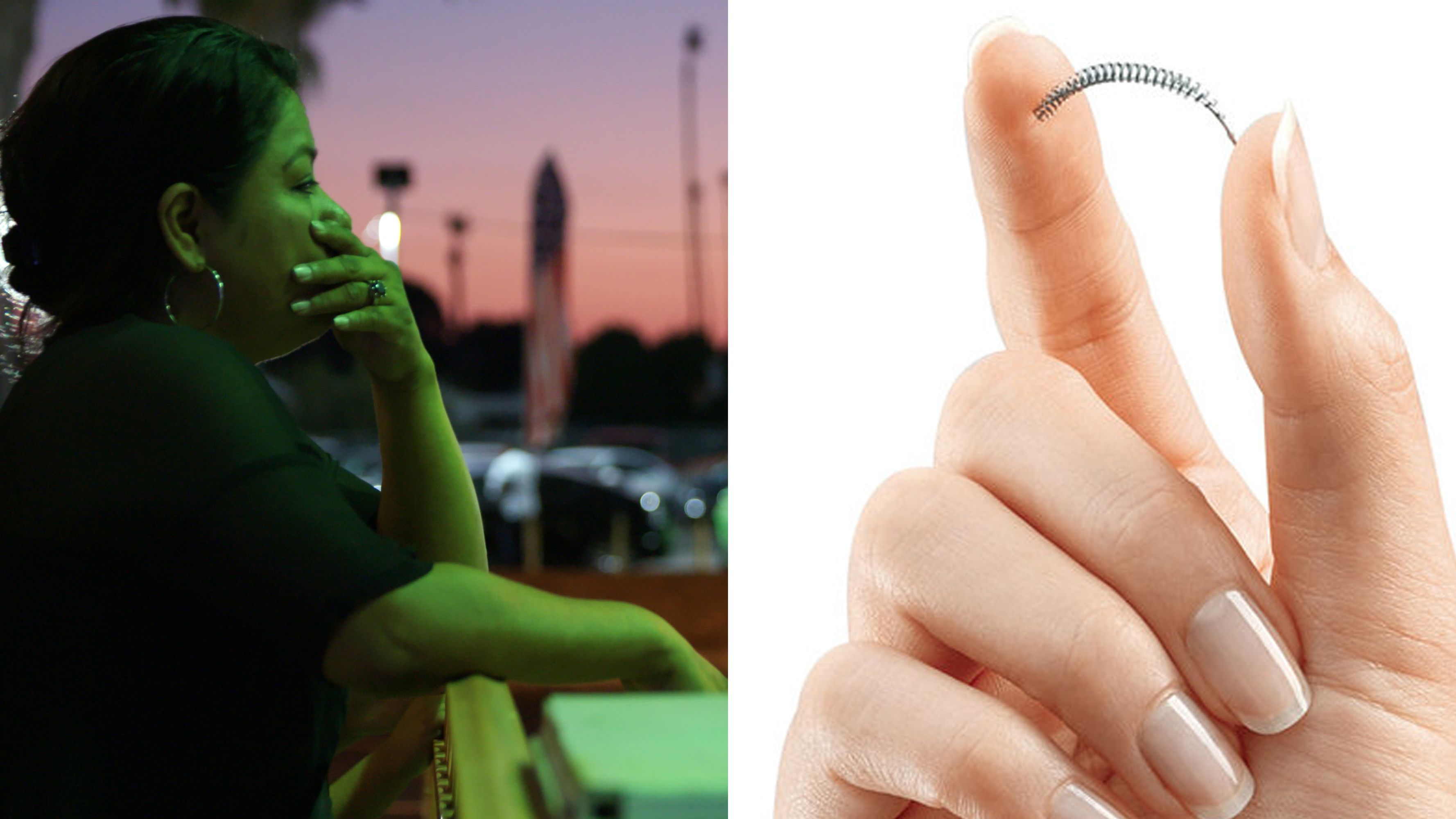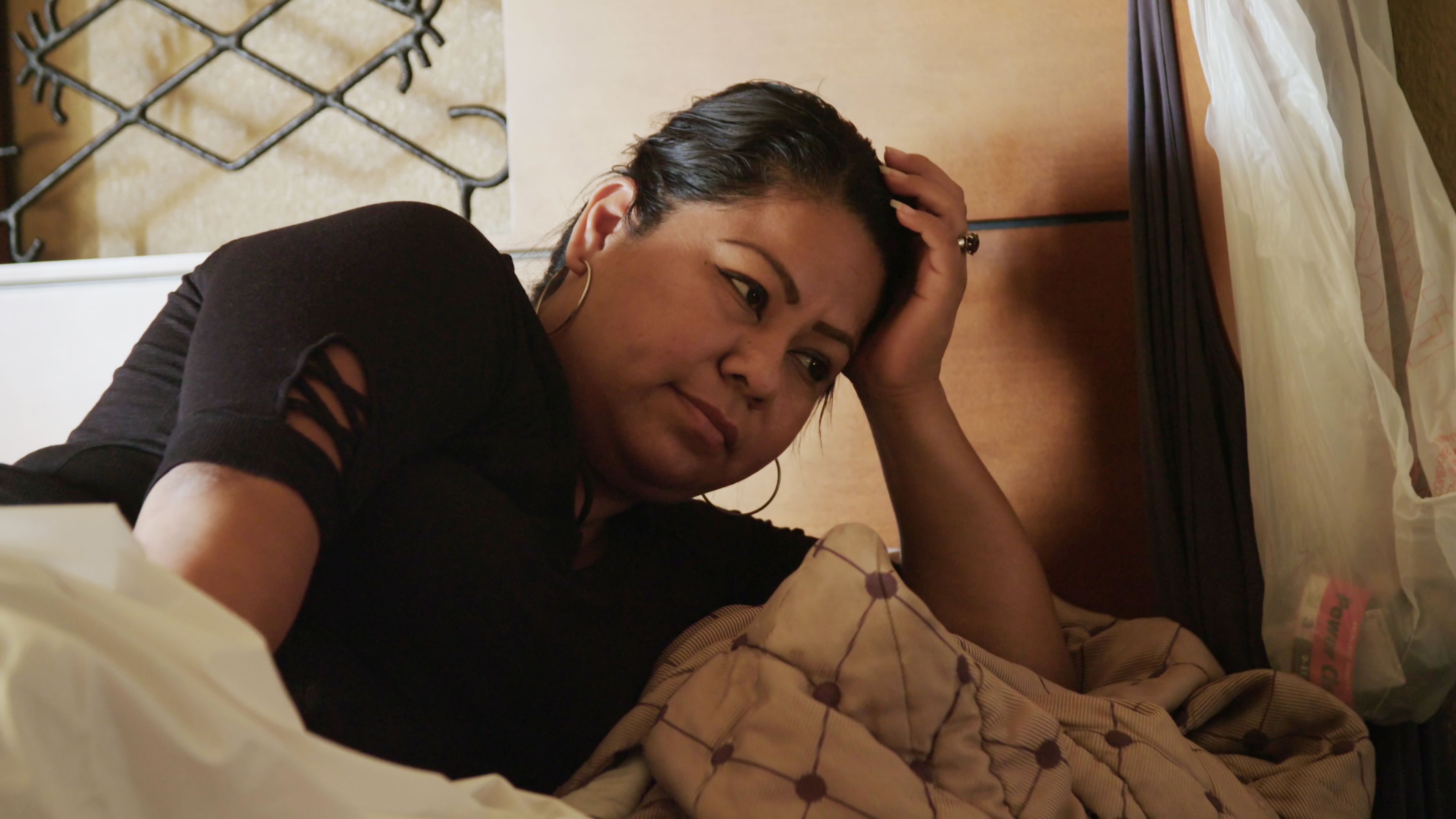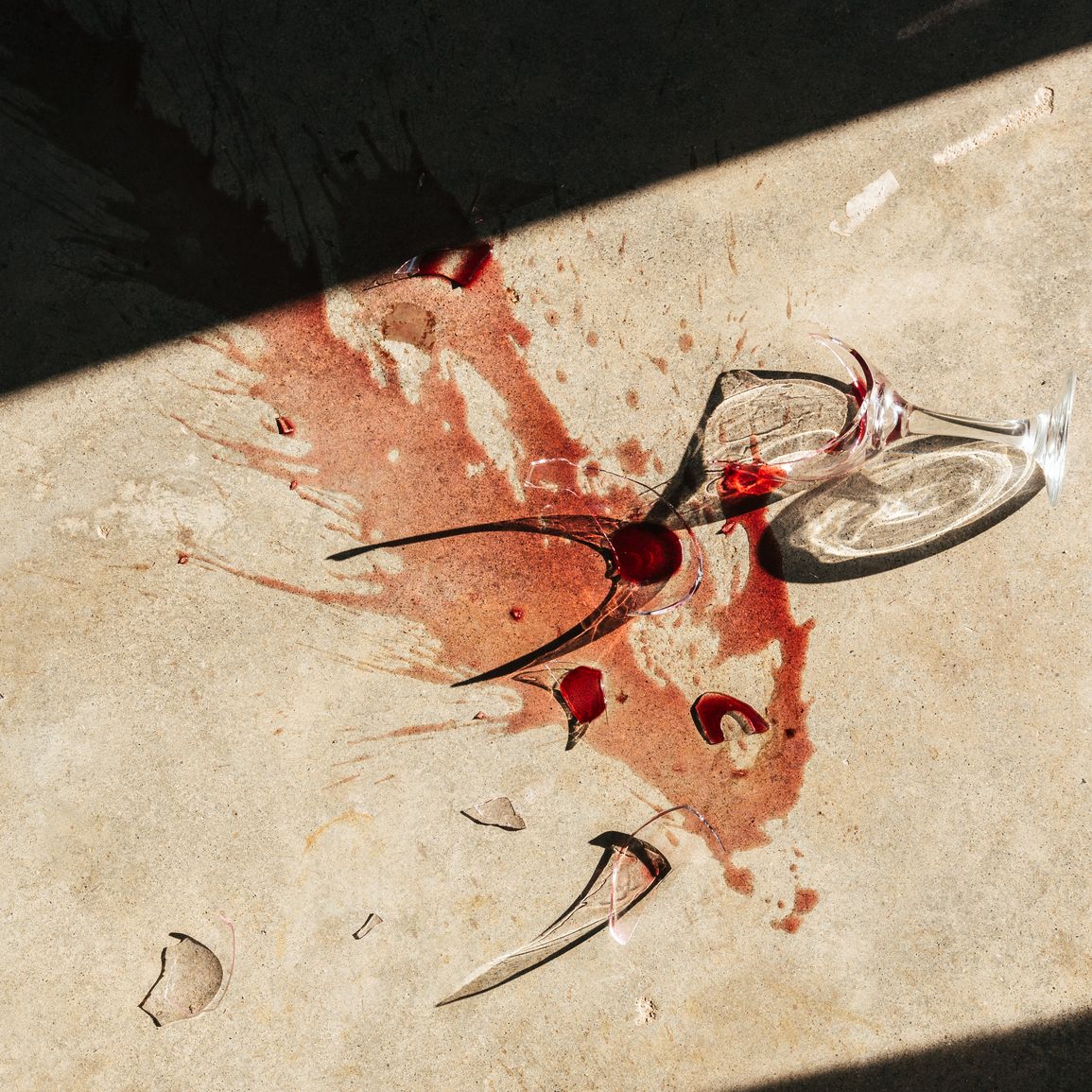Netflix's 'The Bleeding Edge' Isn't Even Out Yet and Essure Has Already Been Pulled
"I don't know how anyone could let this happen."


Years after the first reports of hazardous effects of birth control device Essure—and days before a Netflix documentary about it drops—manufacturer Bayer announced it will stop selling the controversial implant. The company framed its decision as based on poor sales, but the timing is hard to ignore: The Bleeding Edge, a documentary about medical devices gone awry that uses Essure as a prime example, drops on July 27. Essure was pulled July 20.
"We continue to stand behind the product's safety and efficacy," Bayer said in a statement. The company has maintained for years that Essure, a kind of metal coil that is implanted in the Fallopian tubes to block sperm, is safe, despite facing roughly 16,000 lawsuits from women who say they suffered ill effects after using it, including organ perforation, chronic and excessive pain, and unintended pregnancies. Yet Essure was discontinued due to a "business decision," the company said, citing "a decline in sales."
Meanwhile, Friday marks the launch of The Bleeding Edge, a Netflix documentary from the creators of The Hunting Ground. The Hollywood Reporter describes it as "a terrifying eye-opener," and Indiewire writes that it "stands a good chance at enlightening more people who have been (or might be) hoodwinked." The documentary isn't just about Essure—it focuses on a handful of medical devices that have caused major complications, including "vagical mesh" and hip replacements—but Essure is framed as a banner example of good intentions gone haywire.
When it comes to Essure, Bayer has suffered a particularly nasty year. Essure has been pulled or withdrawn from every country where it had been offered outside of the United States—Canada, the U.K., the Netherlands, you name it—and in April, the FDA announced it would be restricting sales of Essure to ensure that all women who consider it are fully aware of the risks. (Restricting sales, in this case, means only selling the device to facilities that agreed to review a set checklist with doctors and patients.) That said: "The FDA continues to believe that the benefits of the device outweigh its risks," the statement noted.

Once billed as the only permanent contraceptive device on the market, Essure has since become a buzzword for unexpected complications. On Facebook and other social media sites, there exists a growing community of Essure-affected women who congregate to share their experiences. Between 2002 and 2017, close to 30,000 women filed formal reports of "adverse effects" with the FDA after using Essure.
You can stream The Bleeding Edge on Netflix from July 27.
Stay In The Know
Get exclusive access to fashion and beauty trends, hot-off-the-press celebrity news, and more.

Jenny is the Digital Director at Marie Claire. A graduate of Leeds University, and a native of London, she moved to New York in 2012 to attend the Columbia University Graduate School of Journalism. She was the first intern at Bustle when it launched in 2013 and spent five years building out its news and politics department. In 2018 she joined Marie Claire, where she held the roles of Deputy Digital Editor and Director of Content Strategy before becoming Digital Director. Working closely with Marie Claire's exceptional editorial, audience, commercial, and e-commerce teams, Jenny oversees the brand's digital arm, with an emphasis on driving readership. When she isn't editing or knee-deep in Google Analytics, you can find Jenny writing about television, celebrities, her lifelong hate of umbrellas, or (most likely) her dog, Captain. In her spare time, she writes fiction: her first novel, the thriller EVERYONE WHO CAN FORGIVE ME IS DEAD, was published with Minotaur Books (UK) and Little, Brown (US) in February 2024 and became a USA Today bestseller. She has also written extensively about developmental coordination disorder, or dyspraxia, which she was diagnosed with when she was nine.
-
 Princess Anne's Unexpected Suggestion About Mike Tindall's Nose
Princess Anne's Unexpected Suggestion About Mike Tindall's Nose"Princess Anne asked me if I'd have the surgery."
By Amy Mackelden Published
-
 Queen Elizabeth's "Disapproving" Royal Wedding Comment
Queen Elizabeth's "Disapproving" Royal Wedding CommentShe reportedly had lots of nice things to say, too.
By Amy Mackelden Published
-
 Palace Employees "Tried" to Get King Charles to "Slow Down"
Palace Employees "Tried" to Get King Charles to "Slow Down""Now he wants to do more and more and more. That's the problem."
By Amy Mackelden Published
-
 Senator Klobuchar: "Early Detection Saves Lives. It Saved Mine"
Senator Klobuchar: "Early Detection Saves Lives. It Saved Mine"Senator and breast cancer survivor Amy Klobuchar is encouraging women not to put off preventative care any longer.
By Senator Amy Klobuchar Published
-
 I'm an Egg Donor. Why Was It So Difficult for Me to Tell People That?
I'm an Egg Donor. Why Was It So Difficult for Me to Tell People That?Much like abortion, surrogacy, and IVF, becoming an egg donor was a reproductive choice that felt unfit for society’s standards of womanhood.
By Lauryn Chamberlain Published
-
 The 20 Best Probiotics to Keep Your Gut in Check
The 20 Best Probiotics to Keep Your Gut in CheckGut health = wealth.
By Julia Marzovilla Published
-
 Simone Biles Is Out of the Team Final at the Tokyo Olympics
Simone Biles Is Out of the Team Final at the Tokyo OlympicsShe withdrew from the event due to a medical issue, according to USA Gymnastics.
By Rachel Epstein Published
-
 The Truth About Thigh Gaps
The Truth About Thigh GapsWe're going to need you to stop right there.
By Kenny Thapoung Published
-
 The High Price of Living With Chronic Pain
The High Price of Living With Chronic PainThree women open up about how their conditions impact their bodies—and their wallets.
By Alice Oglethorpe Published
-
 I Used to Imagine Murdering the Men I Dated
I Used to Imagine Murdering the Men I DatedFalling in love helped me finally figure out why.
By Jessica Amento Published
-
 60 Workout Apps for Women Who Want Results (Without a Gym Membership)
60 Workout Apps for Women Who Want Results (Without a Gym Membership)Buying Guide Easy fitness plans you can follow without fear of judgment.
By Bianca Rodriguez Published
![The Bleeding Edge | Trailer [HD] | Netflix - YouTube](https://img.youtube.com/vi/slmilObZl28/maxresdefault.jpg)